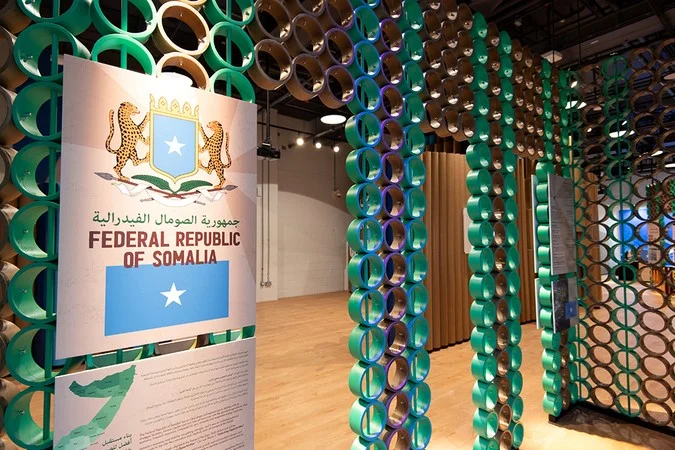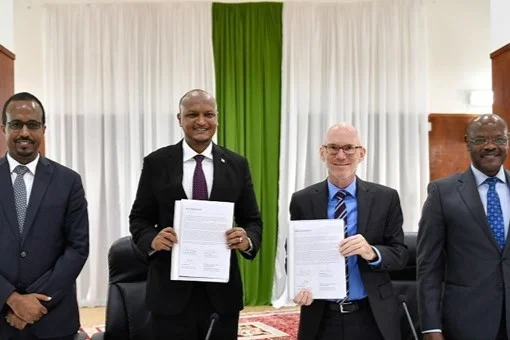The United Nations supports Somalia
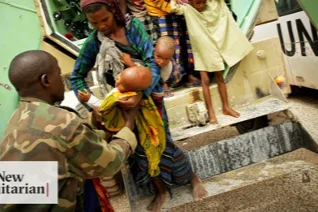
The United Nations has been present in Somalia since the country gained its independence in 1960, undertaking activities that help alleviate poverty and suffering, stimulate development, contribute to consolidating peace and security, and reduce the effects of conflict on the Somali people.
The various UN mandates are currently implemented through 27 resident and non-resident agencies, funds and programmes, the United Nations Assistance Mission in Somalia and the United Nations Somalia Support Office.
On 1 January 2014, UN entities operating in the country were structurally merged and have since worked closely together within the UN Country Team and UNSOM, particularly in the areas of governance including constitutional review, elections, rule of law, policing, justice and corrections. Security, gender equality, human rights, defense of internally displaced persons in the main regions of southern and central Somalia, and the issue of demobilized fighters.
Although Somalia has made significant progress in recent years, the United Nations recognizes that further progress in peace consolidation and state-building in Somalia depends on our collective ability to act on humanitarian, development and peace-building agendas in a coordinated and comprehensive manner. If we do not address the multiple problems facing the country in all its aspects, the results we achieve collectively will remain fragile and reversible. In addition, the humanitarian situation remains precarious for a large portion of the population. Somalia faces major climate crises that occur slowly or rapidly in cycles lasting between two and five years and are mainly caused by floods, cyclones, etc., especially drought. The country’s ability to recover from climate shocks and man-made crises has been severely affected by the nearly two-decade armed conflict, the presence of violent extremist groups in the country and emerging state institutions.
The United Nations in Somalia recognizes that building the resilience of Somalis requires coordinated action by stakeholders across all sectors. This coordinated approach involves long-term development interventions to address the underlying causes of recurring humanitarian crises, both man-made and natural. The country will only be able to advance towards achieving the Sustainable Development Goals through the collective and coordinated efforts of various United Nations entities in cooperation with the Government and people of Somalia.
The United Nations contributes to achieving these goals through the United Nations Strategic Framework 2017-2020, which identifies and describes the collective commitment of United Nations entities to support the implementation of Somalia’s humanitarian, development, political and security priorities as set out in the Somalia National Development Plan 2017-2019 (NDP8). This is in line with Framework with the Sustainable Development Goals (see below for more information on the UN Strategic Framework).
Hinge stations
- The adoption of the Federal Government’s National Comprehensive Policy Roadmap generated momentum that pushed forward peace and state-building processes in Somalia.
- In the transition plan adopted in March 2018, the Federal Government and Federal Member States set out a vision for security in Somalia in order to align national efforts with international efforts with the aim of assuming responsibility for security in the country.
- In order to enhance the ability of state administrations to work effectively and efficiently, the United Nations has supported various government institutions to work in a more organized, structured and service-oriented manner.
- The United Nations supported the development of a government-led recovery and resilience framework to ensure that resources are used to meet urgent humanitarian needs while implementing development-oriented interventions that must be sustainable in order to provide long-term solutions.
- The United Nations has provided support to strengthen health governance and the capacity of the health system to prepare for and respond to epidemics and noncommunicable diseases, as well as issues of malnutrition and maternal and child health. The United Nations also contributed to developing the health sector and enhancing its capabilities.
- The United Nations has supported the development of policies and systems to address inequalities in education while contributing to the production of safe, high-quality and accessible learning environments for all.
- The United Nations has contributed to the formulation of policies aimed at improving access to safe drinking water in sufficient quantities while working to ensure water supplies for both emergency response and sustainable needs.
- The United Nations provided technical assistance to Somali public and private sector stakeholders to support the country in producing an enabling environment for developing initiatives in the productive sector, improving access to sustainable energy solutions, and creating employment and economic opportunities for all.
- The United Nations continued to work to increase production levels and profitability in the agriculture, livestock and fisheries sectors.
 Algeria
Algeria Bahrain
Bahrain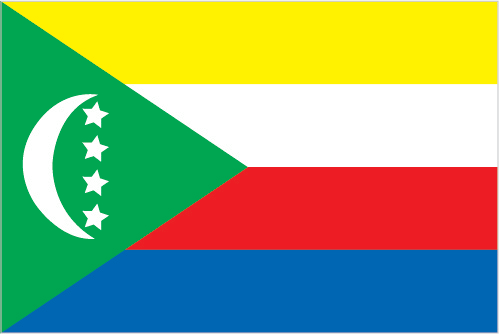 Comoros
Comoros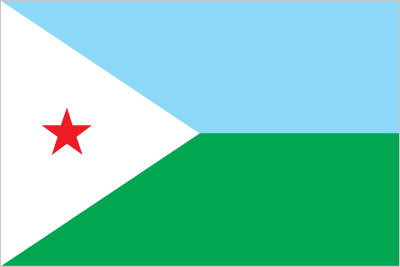 Djibouti
Djibouti Egypt
Egypt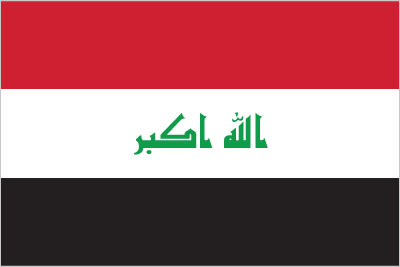 Iraq
Iraq Jordan
Jordan Kuwait
Kuwait Lebanon
Lebanon Libya
Libya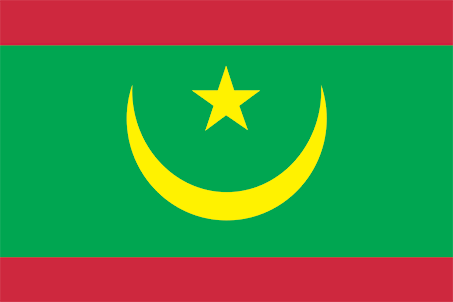 Mauritania
Mauritania Morocco
Morocco Oman
Oman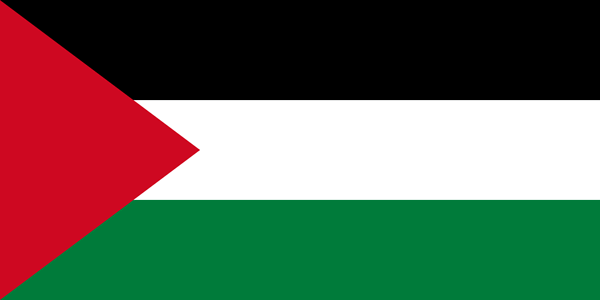 Palestine
Palestine Qatar
Qatar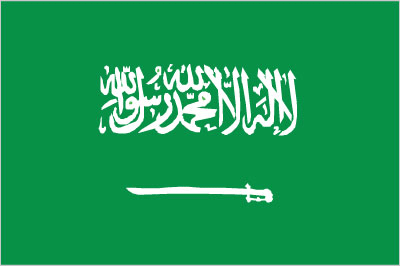 Saudi Arabia
Saudi Arabia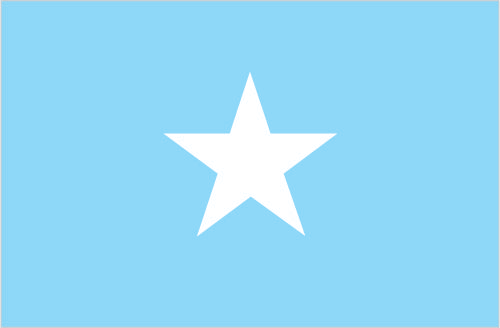 Somalia
Somalia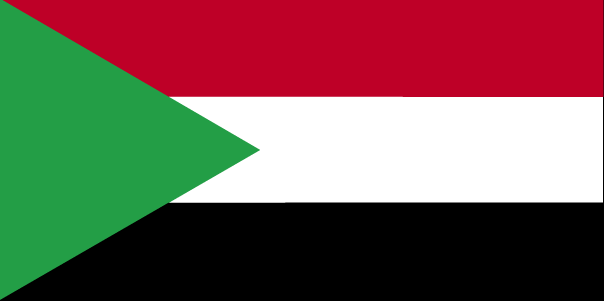 Sudan
Sudan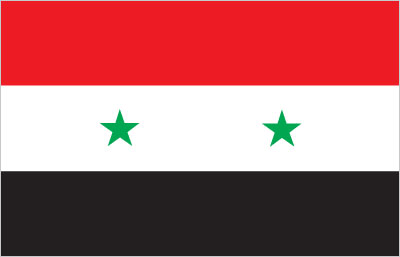 Syria
Syria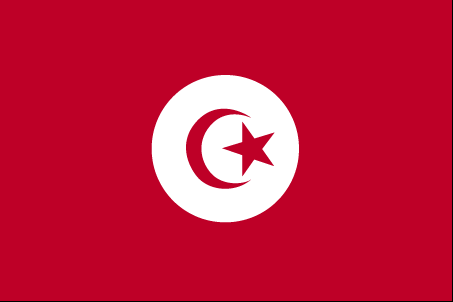 Tunisia
Tunisia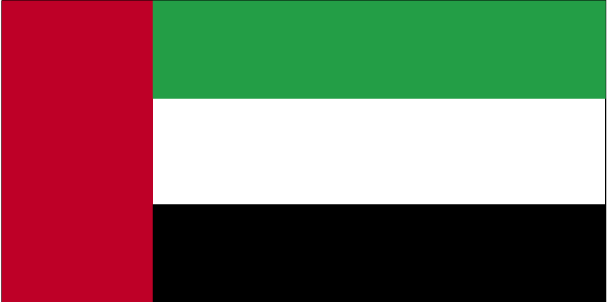 UAE
UAE Yemen
Yemen